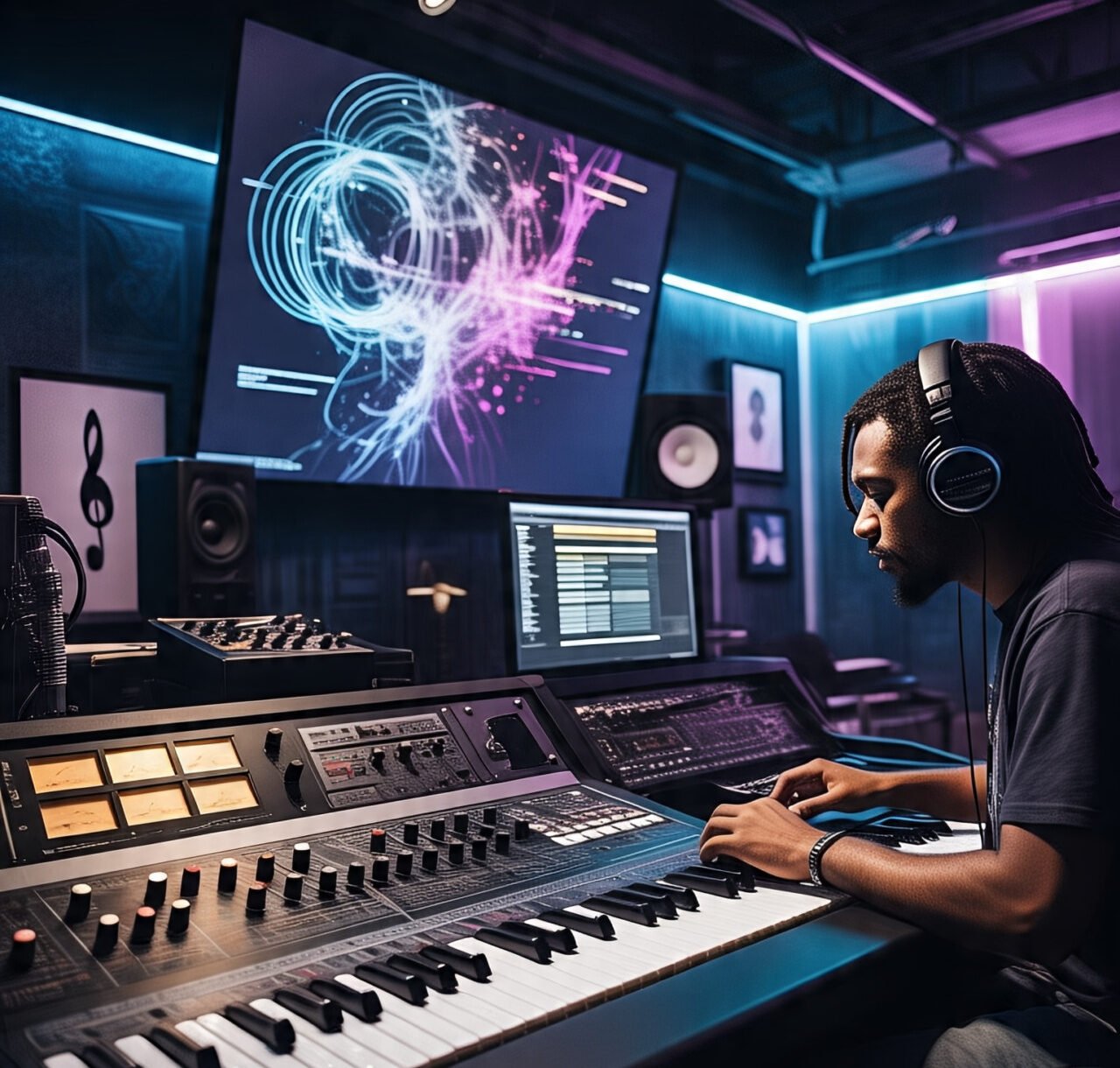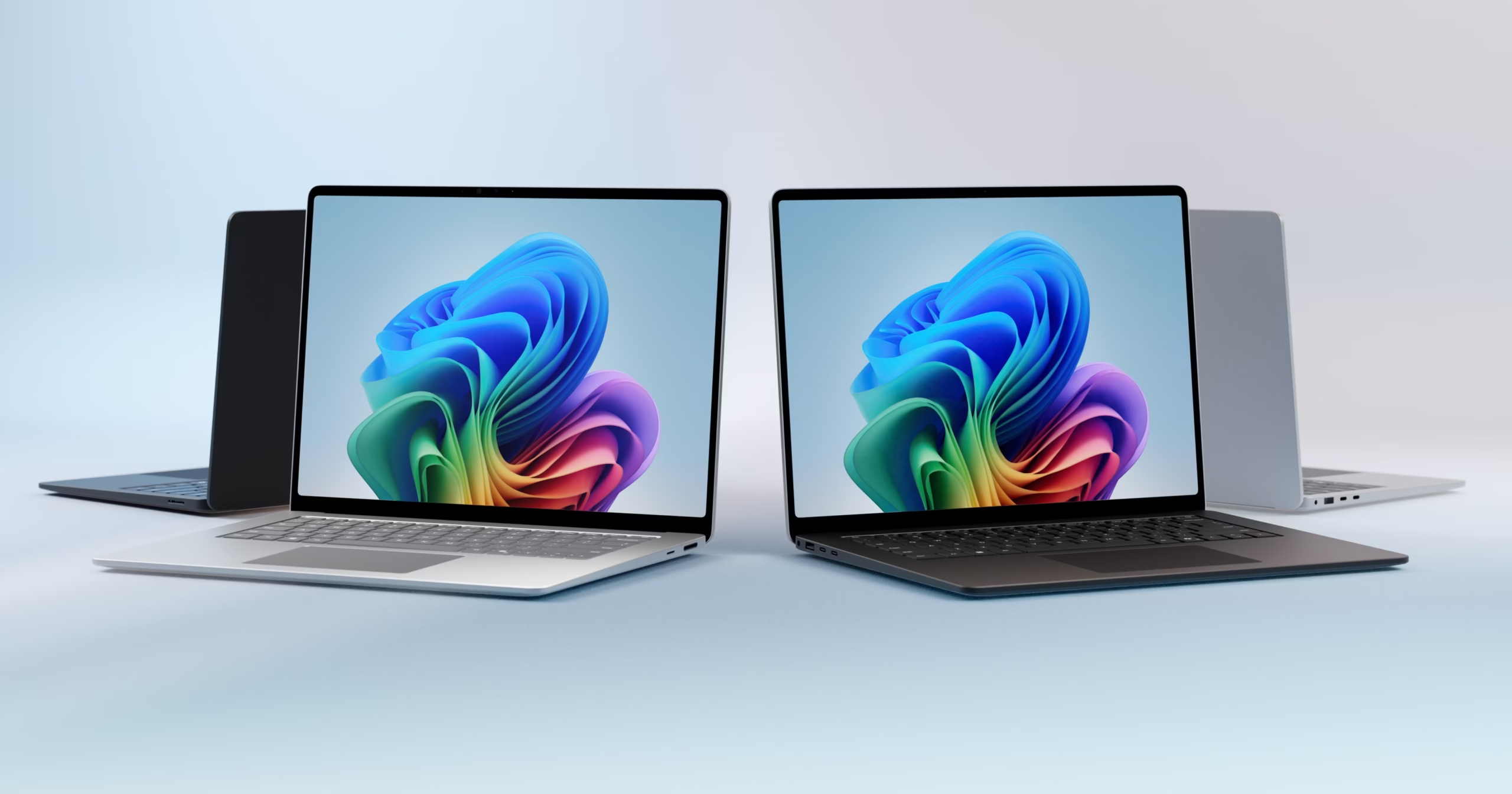AI is transforming how music is created, offering exciting new possibilities for musicians and listeners alike. Discover the power of AI in reshaping the future of music creation.
The world of music has always been defined by creativity, emotions, and human expression. However, in recent years, a groundbreaking technology has been quietly revolutionizing how music is composed, produced, and experienced: Artificial Intelligence (AI). With AI tools becoming more advanced, the traditional boundaries of music creation are being pushed beyond imagination. This blog explores how AI is transforming the music industry, offering musicians new opportunities and giving listeners a fresh perspective on the future of music.
Introduction: The Intersection of AI and Music
Music creation has long been a domain exclusively reserved for human talent and intuition. From composing melodies to mixing beats, musicians have relied on their skills and creativity. But in today’s digital age, technology has entered the picture, introducing a powerful ally—Artificial Intelligence. AI’s capabilities in music creation are not just impressive; they’re opening doors to entirely new ways of making music. Whether it’s an AI-powered composition tool that generates music from scratch or a machine learning algorithm that helps producers fine-tune their tracks, AI is bringing the future of music to our fingertips.
This technological leap is ushering in a new era of music creation, one where human artists can collaborate with machines to enhance their creative potential. In this article, we’ll delve into the various ways AI is changing the music landscape and explore the tools and innovations that are paving the way for the future.
How AI is Transforming Music Creation
1. AI-Powered Music Composition Tools
AI-powered composition tools are becoming increasingly popular, offering musicians the ability to compose music without being restricted by traditional limitations. Platforms like OpenAI’s MuseNet, AIVA (Artificial Intelligence Virtual Artist), and Jukedeck allow users to create original pieces in various genres and styles, ranging from classical to electronic music.
These tools use deep learning algorithms to analyze large datasets of existing music and generate compositions based on user-defined parameters, such as genre, mood, tempo, and instrumentation. Musicians can start with a basic melody, and the AI will fill in the gaps, adding harmonies, rhythms, and textures that fit seamlessly with the original theme.
2. Personalized Music Creation for Listeners
AI is also making waves in personalized music creation, offering a more tailored listening experience. Platforms like Spotify already use AI to recommend songs based on user preferences, but AI is now capable of creating unique tracks for individual listeners. This can be done by analyzing listening habits and musical preferences, generating songs that resonate with a specific listener’s tastes.
Imagine AI crafting a song that perfectly matches your emotional state or the ambiance you want to create in your home. These AI-generated tracks can be curated not only by genre but also by personal mood, making the experience of listening to music more intimate and dynamic.
3. Enhanced Music Production with AI
AI is also making the production side of music creation more efficient. Tools like LANDR use machine learning to improve the audio quality of a track. These platforms automatically adjust levels, enhance sound clarity, and optimize the overall mix based on the style of the music. For producers, this means a quicker and more efficient workflow, allowing them to focus on the creative aspects of the production.
AI is also being used in the mastering process. Traditionally, mastering involved careful fine-tuning of the audio to ensure it sounds polished across different platforms and devices. Now, AI can do this automatically, saving producers hours of work. For example, platforms like CloudBounce use AI to master tracks, making it accessible for independent artists to create professional-quality music.
4. AI in Music Performance and Virtual Artists
AI isn’t just limited to composition and production—it’s also making an impact in music performance. Virtual AI artists are emerging, with platforms like Yona and Hatsune Miku showcasing the potential of AI in live performances. These AI performers can mimic human voices or even generate entirely new ones, creating virtual concerts where human artists collaborate with machines.
Moreover, AI can adapt live performances in real time. For instance, it can modify a performance based on audience reactions, creating a dynamic experience that responds to the energy of the crowd. This opens up new possibilities for live entertainment, where AI can assist in creating an unforgettable show.
How AI is Revolutionizing the Music Industry

1. Making Music Creation Accessible
One of the most exciting aspects of AI in music is its ability to democratize music creation. In the past, composing and producing high-quality music required expensive equipment, technical skills, and access to professional studios. AI has changed this by making music creation accessible to anyone with a computer or smartphone.
Now, aspiring musicians and creators can use AI tools to create professional-quality music without needing extensive training or expensive equipment. Platforms like Amper Music allow anyone to compose music by simply selecting a few parameters, opening the door to music creation for people who may have never considered it before.
2. Creating New Musical Genres and Experiences
AI’s ability to combine and experiment with different styles and genres is helping musicians push creative boundaries. By analyzing a vast array of musical data, AI can generate entirely new genres or experimental sounds that challenge traditional musical structures. This leads to new musical genres, blending influences from various cultures and traditions.
Additionally, AI can create new musical experiences by generating real-time soundtracks that adapt to specific environments. Imagine a video game where the music changes based on the player’s actions or a movie where the score adapts to the emotional tone of a scene. These possibilities are becoming reality thanks to AI’s advanced capabilities.
3. AI-Generated Music in Film, TV, and Video Games
AI-generated music is gaining traction in the entertainment industry, particularly in film, television, and video games. In these sectors, AI can compose soundtracks that change in response to a scene’s mood or pacing. For instance, video game developers are using AI to create adaptive music that alters based on a player’s actions or progress in the game.
This level of adaptability allows for a more immersive experience for the audience. Imagine watching a movie where the score dynamically shifts as the narrative unfolds, or playing a video game where the soundtrack reacts to your in-game decisions. AI makes these kinds of interactive experiences possible.
The Future of AI in Music Creation
Looking ahead, the future of AI in music creation is exciting and full of potential. As AI continues to evolve, we can expect even more sophisticated tools that allow musicians to collaborate with machines in entirely new ways. The lines between human creativity and machine learning will blur even further, enabling more dynamic and personalized music creation than ever before.
We may also see AI systems that can create entire albums from start to finish, offering a fully immersive, end-to-end music production experience. These advancements will undoubtedly have a profound impact on the music industry, providing more opportunities for independent artists and changing the way we create, consume, and experience music.
Conclusion
AI is unlocking new frontiers in music creation, providing musicians with powerful tools that enhance creativity, efficiency, and personalization. From composition to production and live performance, AI is reshaping the music industry in profound ways. As we move forward, we can expect AI to play an even larger role in the future of music, pushing the boundaries of what’s possible and giving rise to a new era of music creation.
Disclaimer:
This blog is intended for informational and educational purposes only. The views expressed are personal opinions or general insights, not professional or legal advice. Readers should do their own research or consult relevant professionals before taking action based on this content.
#AIInMusic #MusicCreation #ArtificialIntelligence #MusicTech #AIForMusicians #FutureOfMusic #MusicInnovation #AIInEntertainment #TechInMusic #PersonalizedMusic #AIMusicTools #MusicProduction #AIComposers #AIRevolution #MusicTechnology#carrerbook#anslation




Leave a Reply